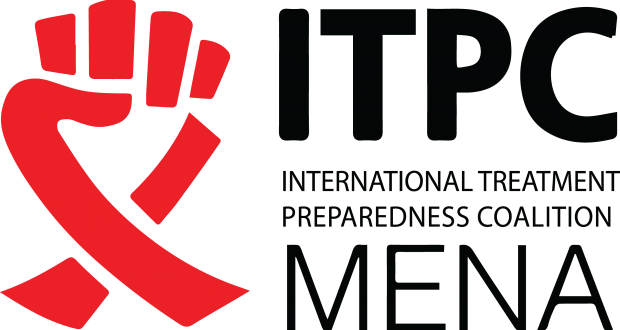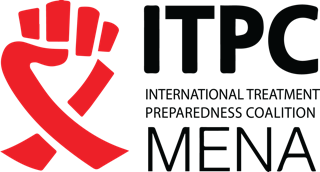
New Study: The Impact of the COVID-19 Health Crisis on Access to HIV Services in Egypt, Morocco, Mauritania, and Tunisia.
A study was carried out by the FORSS consortium which includes (ITPC-MENA, Solidarité SIDA, AGD, ATP+, Al Shehab RdR Maroc, and M-Coalition).
This recently developed report analyzes the impact of the COVID-19 pandemic on HIV-related health services in the MENA region, specifically in four countries in the region, namely (Egypt, Mauritania, Morocco, and Tunisia). ). The results show that the pandemic has had a significant impact on the provision of these services, in particular with regard to access to healthcare, continuity of treatment, and quality of services. Travel restrictions, closure of health clinics, dwindling funding, and fear of contracting the virus have all contributed to this difficult situation. The report also highlights the need to ensure continued access to HIV-related health care during the pandemic, as well as to strengthen prevention and awareness programs to minimize the impact of COVID-19 on the health of people living with HIV in the MENA region.
The COVID-19 pandemic has had a significant impact on access to HIV services and medication in many countries, including Egypt, Morocco, Mauritania, and Tunisia. The pandemic has disrupted the delivery of HIV prevention, testing, treatment, and care services, leading to challenges in maintaining HIV services and ensuring continuity of care.
In Egypt, COVID-19 has had a significant impact on access to HIV services, with disruptions in the supply chain of antiretroviral medications (ARVs) and a decrease in the number of patients attending clinics. However, the government and partners have worked to ensure the continuity of services by implementing measures such as telemedicine and home delivery of medication to people living with HIV.
In Morocco, HIV services have been affected by the pandemic, leading to a decrease in the number of people accessing HIV testing and treatment services. The Ministry of Health and its partners have implemented measures to mitigate the impact of COVID-19 on HIV services, including the provision of ARVs for longer periods, decentralization of testing and treatment services, and the use of telemedicine.
In Mauritania, COVID-19 has led to disruptions in the supply chain of ARVs, affecting the availability of medication for people living with HIV. The government and partners have taken steps to address this issue, including increasing the stock of ARVs and providing home delivery of medication to patients.
In Tunisia, the COVID-19 pandemic has led to a decrease in the number of people accessing HIV services, including testing and treatment. The government and partners have worked to ensure the continuity of HIV services by providing ARVs for longer periods, expanding the use of telemedicine, and establishing home delivery services for medication.
In summary, the COVID-19 pandemic has had a significant impact on access to HIV services in Egypt, Morocco, Mauritania, and Tunisia. While disruptions in the supply chain of ARVs have been reported in some countries, governments and partners have implemented measures to ensure the continuity of services, including the provision of telemedicine, home delivery of medication, and the decentralization of testing and treatment services.
The full Report is in Arabic, French, and English. version: REPORT










